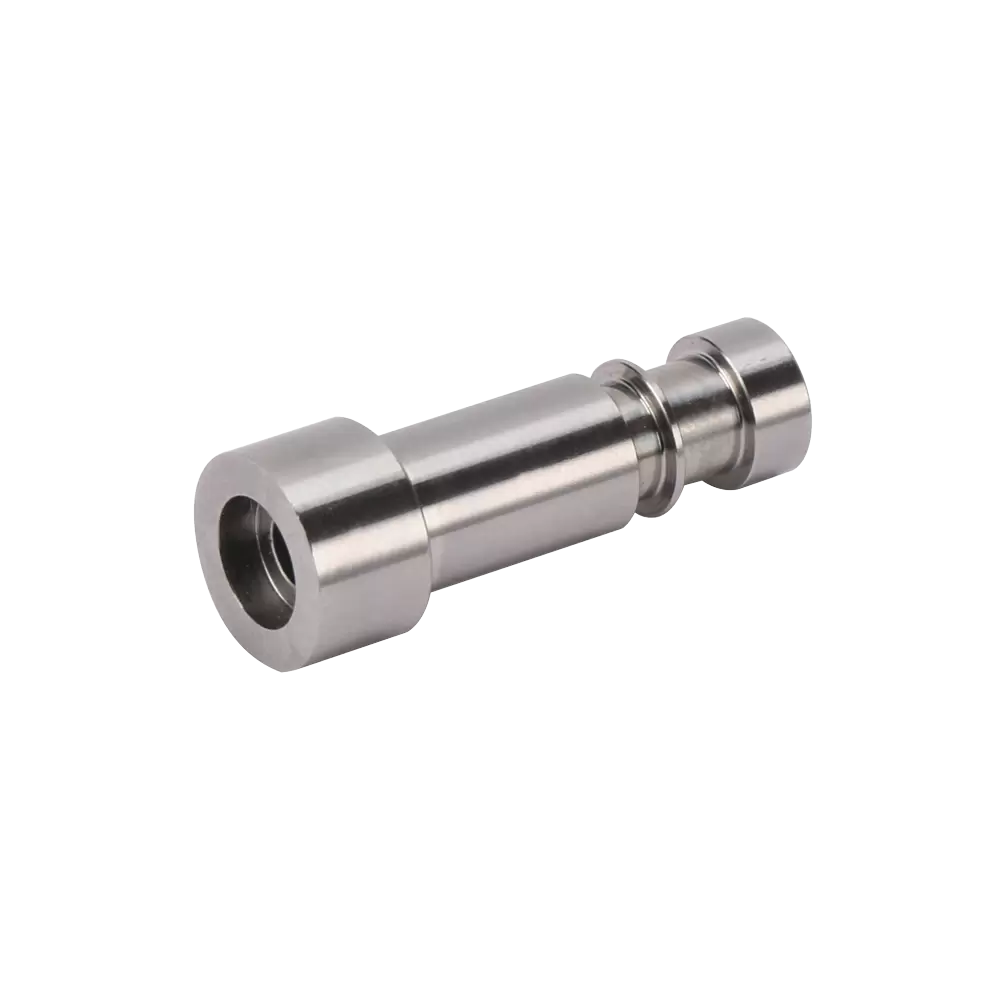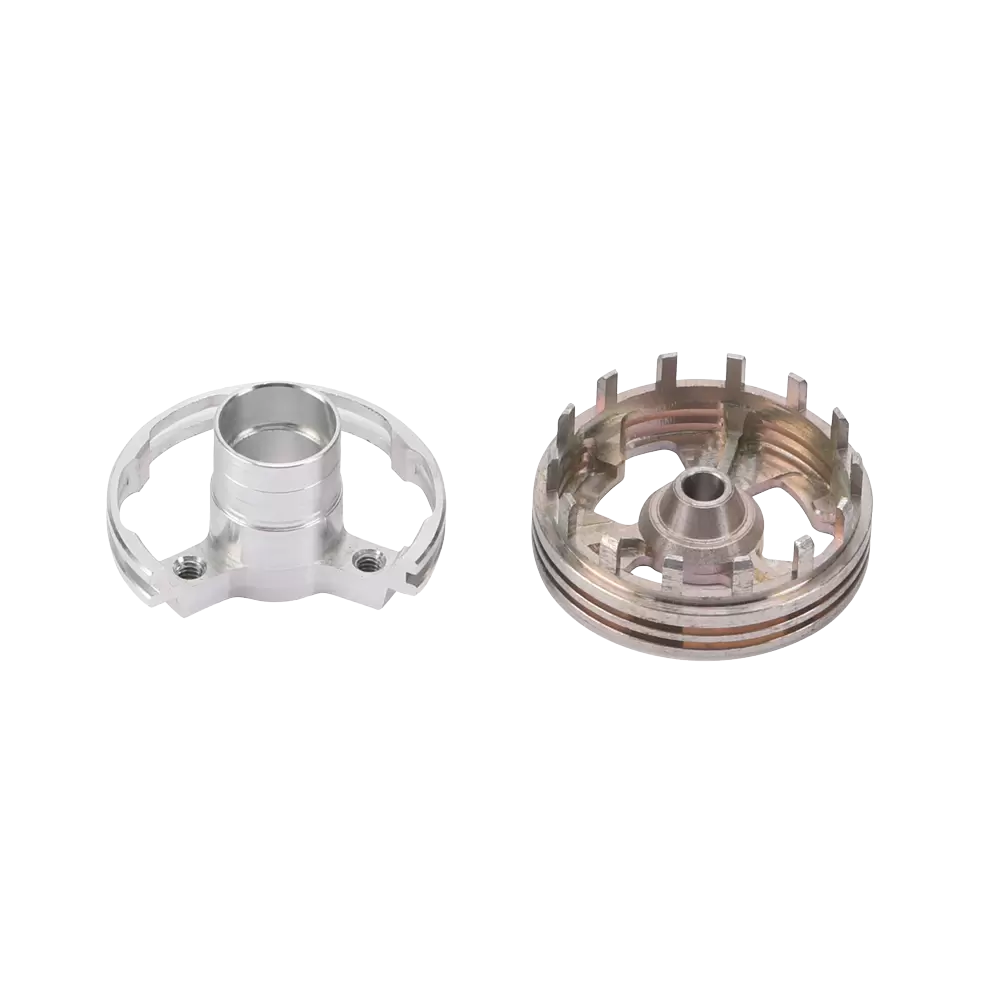Position:Home > News > Industry News > What Are Hardware Sensors? A Complete Guide to Functions and Types
What Are Hardware Sensors? A Complete Guide to Functions and Types
In today’s interconnected world, sensors are at the core of innovation. From smartphones and smart homes to industrial automation and medical devices, hardware sensors are critical for bridging the gap between the physical and digital worlds. These devices collect, measure, and transmit data, enabling systems to respond intelligently to real-world conditions.
Dongguan Mingyuda Electronic Technology Co., Ltd., a company specializing in the research and development of precision hardware connector components, plays a vital role in this ecosystem. By designing and manufacturing sensor-related components such as metal terminals, connector pins, cable glands, and customized sensor assemblies, the company supports industries that rely on accurate and reliable sensing technologies.

What Are Hardware Sensors?
A hardware sensor is a physical device that detects changes in the environment or in a system’s condition and converts them into electrical signals. Unlike software sensors, which infer information through algorithms, hardware sensors provide direct, real-time measurements of physical phenomena such as temperature, motion, light, or pressure.
These sensors are commonly integrated into consumer electronics, industrial equipment, medical devices, and automotive systems, making them indispensable for modern technology.
Key Functions of Hardware Sensors
Data Collection
Hardware sensors continuously monitor environmental or system changes, such as heat levels or vibrations.Signal Conversion
They translate physical changes into measurable electrical signals for processing.System Integration
Sensors work in coordination with connectors, pins, and terminals—components that companies like Dongguan Mingyuda design and manufacture—to ensure seamless communication between hardware and control systems.Automation and Control
By providing accurate feedback, sensors enable devices and machinery to adjust operations automatically, improving efficiency and safety.
Types of Hardware Sensors
1. Temperature Sensors
Measure heat levels in environments or devices. Common in HVAC systems, electronics, and industrial processes.
2. Motion and Position Sensors
Detect movement, orientation, or location. Widely used in smartphones, robotics, and automotive safety systems.
3. Pressure Sensors
Monitor fluid or gas pressure, critical in aerospace, medical equipment, and hydraulic systems.
4. Light Sensors
Measure illumination levels, enabling applications like automatic brightness adjustment in screens or energy-saving lighting systems.
5. Proximity Sensors
Detect nearby objects without physical contact. Essential in smartphones, manufacturing automation, and touchless technology.
6. Specialized Sensor Assemblies
Many industries require custom solutions, combining sensors with connector housings, pins, or terminal components to meet unique specifications. Dongguan Mingyuda supports these needs through customized metal sensor terminals and precision assemblies.
Applications of Hardware Sensors
Consumer Electronics: Smartphones, wearables, and home automation systems.
Automotive Industry: Safety features, fuel monitoring, and navigation systems.
Medical Devices: Patient monitoring equipment and diagnostic tools.
Industrial Automation: Robotics, machinery monitoring, and process control.
Aerospace and Defense: Navigation, communication, and safety systems.
Why Choose Dongguan Mingyuda Electronic Technology Co., Ltd.?
With years of expertise in precision hardware development, Dongguan Mingyuda provides comprehensive system solutions for industries that depend on accurate sensor performance. Their product portfolio includes:
Spring pins and crown spring pins for reliable electrical connections
Connector pins, screws, and nuts for housing and assembly stability
Customized terminals and metal sensor components for specialized applications
Medical and aerospace-grade components ensuring safety and reliability
By combining engineering innovation with manufacturing excellence, the company supports global businesses in advancing hardware sensor technologies.
Conclusion
Hardware sensors are the backbone of modern technology, enabling devices and systems to interact seamlessly with the real world. From data collection to automation, their functions span across industries and applications.
With strong expertise in precision connector components and sensor assemblies, Dongguan Mingyuda Electronic Technology Co., Ltd. stands out as a trusted partner for businesses developing the next generation of intelligent hardware.





.webp)